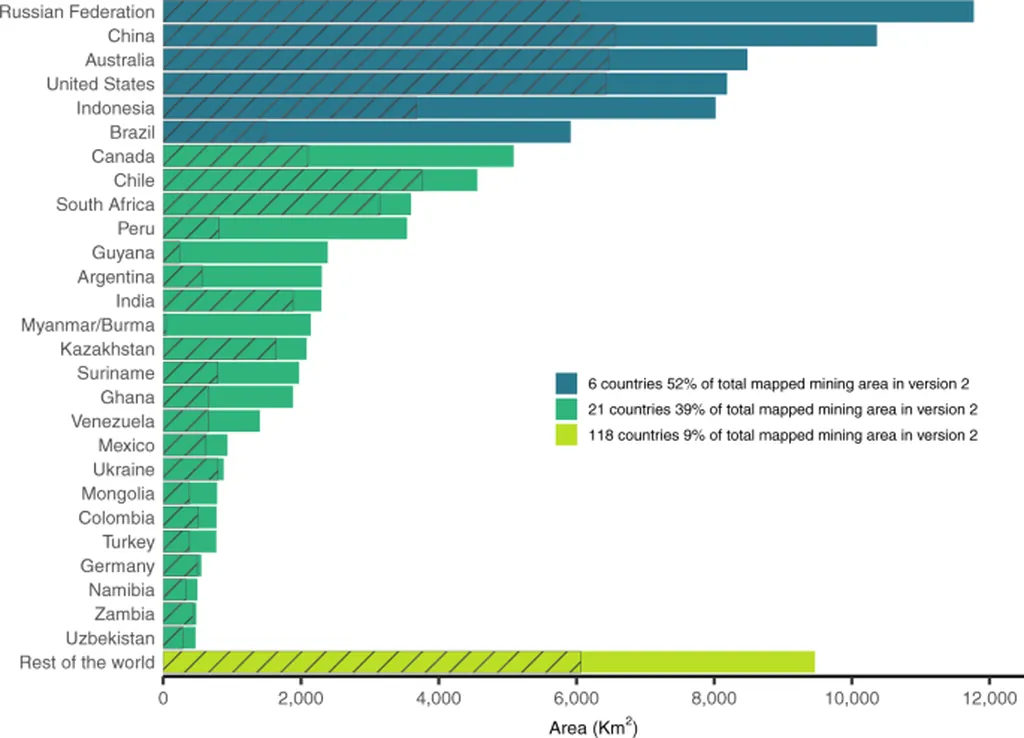In the heart of Morocco’s burgeoning mining sector, a digital revolution is underway, promising to reshape how companies manage land and engage with communities. At the forefront of this transformation is Maroua Chattat, a researcher from the Hassan II Agronomic and Veterinary Institute in Rabat, who has developed a groundbreaking GIS-based geoportal that could set new standards for the industry.
The geoportal, aptly named MineMaps, is a centralized hub for land data visualization and management. It’s a response to the growing complexity of land management in Morocco’s mining sector, where challenges like land security, traceability of mining footprints, and social acceptability are becoming increasingly critical. “The geoportal enables interactive visualization of mining sites and digitizes land transactions,” Chattat explains. “This enhanced traceability reduces legal risks and fosters a more transparent and efficient land management process.”
But Chattat’s innovation doesn’t stop at land management. Recognizing the importance of societal considerations, she developed a dynamic digital tool for structured societal actions planning. This tool, aligned with Corporate Social Responsibility (CSR) and Environmental, Social, and Governance (ESG) standards, organizes actions, stakeholder data, and impact indicators. “It’s about creating a more inclusive and sustainable territorial governance,” Chattat says. “By engaging with communities and considering their needs, we can improve social acceptability and reduce potential conflicts.”
The case study for this research is the Managem Group, a key player in Morocco’s mining industry. The results are promising, demonstrating enhanced land traceability, reduced legal risks, and improved community engagement. This bimodal solution could have significant commercial impacts for the energy sector, particularly in regions where societal acceptability and sustainable practices are gaining traction.
Chattat’s work, published in the International Journal of Computer Engineering and Data Science (known in English as the International Journal of Computer Engineering and Data Science), is a testament to the power of digital innovation in addressing complex challenges. As the energy sector continues to evolve, such tools could become indispensable in ensuring sustainable and socially responsible practices.
The implications of this research extend beyond Morocco. As the world grapples with the need for sustainable resource extraction, tools like MineMaps could become a global standard. They offer a blueprint for how technology can be leveraged to balance commercial interests with societal and environmental considerations. In an industry often criticized for its environmental and social impacts, this could be a game-changer.
Chattat’s work is a reminder that innovation isn’t just about developing new technologies; it’s about using them to create a better, more sustainable world. As the energy sector looks to the future, the lessons from Morocco could light the way.

